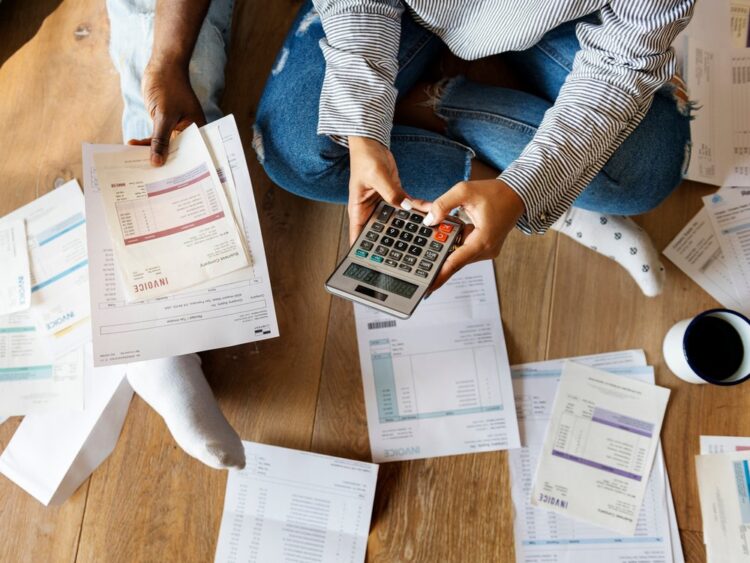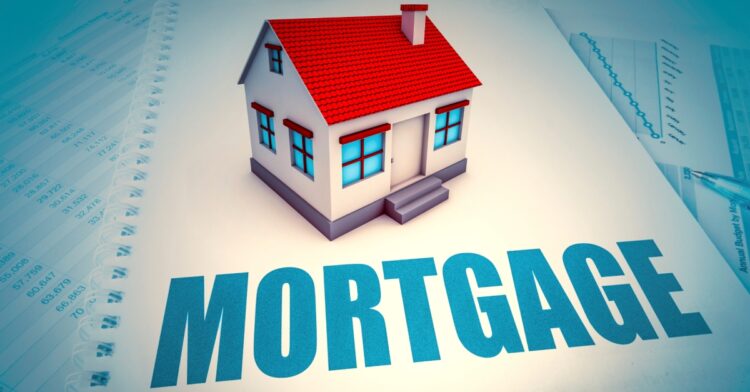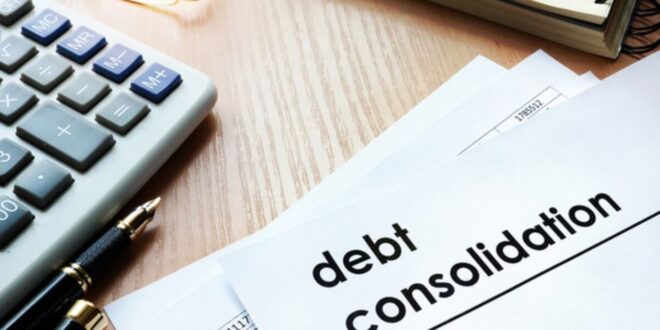Debt can be separated into two main categories: low interest and high-interest rate debt.
The former is considered any debt with an interest rate or <5%, and a high-interest rate is considered anything above 5%.
Some people are firm believers and supporters of paying off your debt completely, while others aren’t. Truth be told, you have to pay off your debt otherwise you would end up in a pretty bad place, with most banks not hesitating to take your possessions.
The next best thing about paying off is a thing called consolidation. Companies like Credible offer debt consolidation loans, amongst many other types of loans. Consolidation means paying off the debt sooner and paying less. However, it is generally considered the best practice to pay in cash for whatever that gets you into this situation. This could mean paying off in cash your mortgage, your car, and various other things. Consolidation means paying off the debt sooner and paying less. However, it is generally considered the best practice to pay in cash for whatever that gets you into this situation. This could mean paying off in cash your mortgage, your car, and various other things.
But before you do all that, here are our 10 tips on debt consolidation that will get you out of this sticky situation.
1. Make Sure that the Consolidation Strategy Helps YOU Pay Off Sooner and Cheaper

Debt consolidation should only be done if you have the ability to pay off sooner. This is an interesting strategy that combines all of your high-interest rate loans into a single one that will boast low-interest rates. However, you will have to pay more but ultimately, you will pay off sooner.
Here is an example of how this strategy works.
Imagine you have a $40,000 debt in total.
The first one is a $15,000 at %11, 2-year loan. This means you’ll pay a total of $1,799 more with the interest rate of 11%.
The second one is $25,000 at 9%, a 4-year loan. This means you’ll pay a total of $4,863 more with the interest rate of 9%.
If you consolidate both, you will be given something like $40,000 at an 8% interest rate, a 3-year loan. This means you will have to pay a total of $5,127 more, which is $1,500 less than paying off the two separately.
2. Make Sure to Get a Low-Interest Rate Payment
Before consolidating more than one debt, make sure that you’re getting favorable terms. There is no point in rolling 12% and 6% debts into a single 12%. If, for example, they offer you an 8% instead of 12%, then that is a smart move.
3. Sell Assets To Get Out Sooner

A sound strategy is to sell assets to pay off your loans faster. Trust us, loans and debts not only are a nightmare to pay off, but they damage your credit score. This means that banks will hesitate to give you a loan if you have a poor credit score.
To even things up, the best course of action would be to sell some of your assets. If you own two cars but using only one, then make sure to pull the trigger on eighter one.
4. Pay More Than the Minimum
A lot of people focus only on paying off the minimum rate of their loans. This is a mistake that you need to start eradicating.
The more money you own, the more you will spend them. Sometimes, we need might be in such a bad financial state that paying more than the minimum loan rate will be a salvation for us.
Instead of only meeting the minimums for your loans, make sure to pay more than what the minimum is.
If you’re looking to get in touch with professionals that will be able to give you solid consolidation reviews, then make sure to visit best 2019 reviews.
5. Consider Refinance or Another Mortgage

Mortgage loans are usually low-interest rates, meaning that they are good for paying off existing debts.
If you are lucky enough to secure a low-interest mortgage loan than you can use the loan money to pay off your existing mortgage and clear off some other loans.
This is a sound strategy that many people do, but do it only if you can secure a lower interest rate mortgage than the one you currently have.
6. Transfer Credit Card Balances
Some people transfer all their credit card balances from one to another so they can maintain a low-interest rate throughout the balances.
It goes without saying that banks will issue you new credit cards with interest rates of even up to 0% for the first few years. This is something that many people do when met with a high credit card interest rate.
Transferring a high balance on an existing credit card to a new one will buy you enough time to pay off the existing debt on the previous credit card; a practice called credit card tart.
7. Always Negotiate For a Lower Interest Rate

More favorable terms on paying off work better for you. But to get these rates, you need to negotiate and fight for them.
Schedule a meeting with your bank and explain your case. There is a chance that you can negotiate favorable terms than the current ones.
8. Unsecured Loan
Remember this before actually going ahead with an unsecured loan. This is only in the case of an emergency. An unsecured loan should be your last option, an option you should consider only in the direst of times.
These loans are some of the most highly unfavorable ones for you. They boast such bad terms for you that even this option is a great risk. But, it goes without saying that this should be considered if you’re desperate for a cash influx.
9. Consider Settling Your Debt

A strategy for those that have a bad credit score, debt settling is an excellent way to negotiate with your creditor to reduce the amount of owed money.
The process is done through a third-party company, and they will negotiate with your lending company.
However, you cannot get your way out of it, and you will still have to pay some money. Let’s say you owe $40,000 and have frequently missed a payment. Debt settling can greatly help you as let’s say you have $20,000 to offer the lenders in cash. The third-party company will tell the lenders “take it or leave it” and the lending company will know a good deal when they see one.
10. Do Something Before Bankrupting
Bankruptcy is the worst thing that can happen to you. Not many people get out of it, and you have to do something if you’re in a bad financial situation. One of the above-mentioned tips might be a good starting point, but you should consider an expert just in case.
An expert will know what to do and how to get you out of this situation.
 Hi Boox Popular Magazine 2024
Hi Boox Popular Magazine 2024



